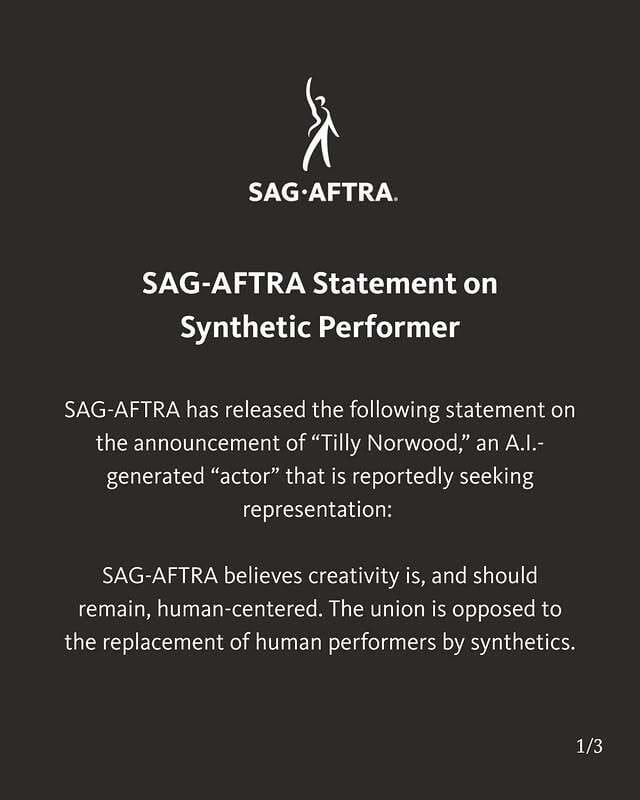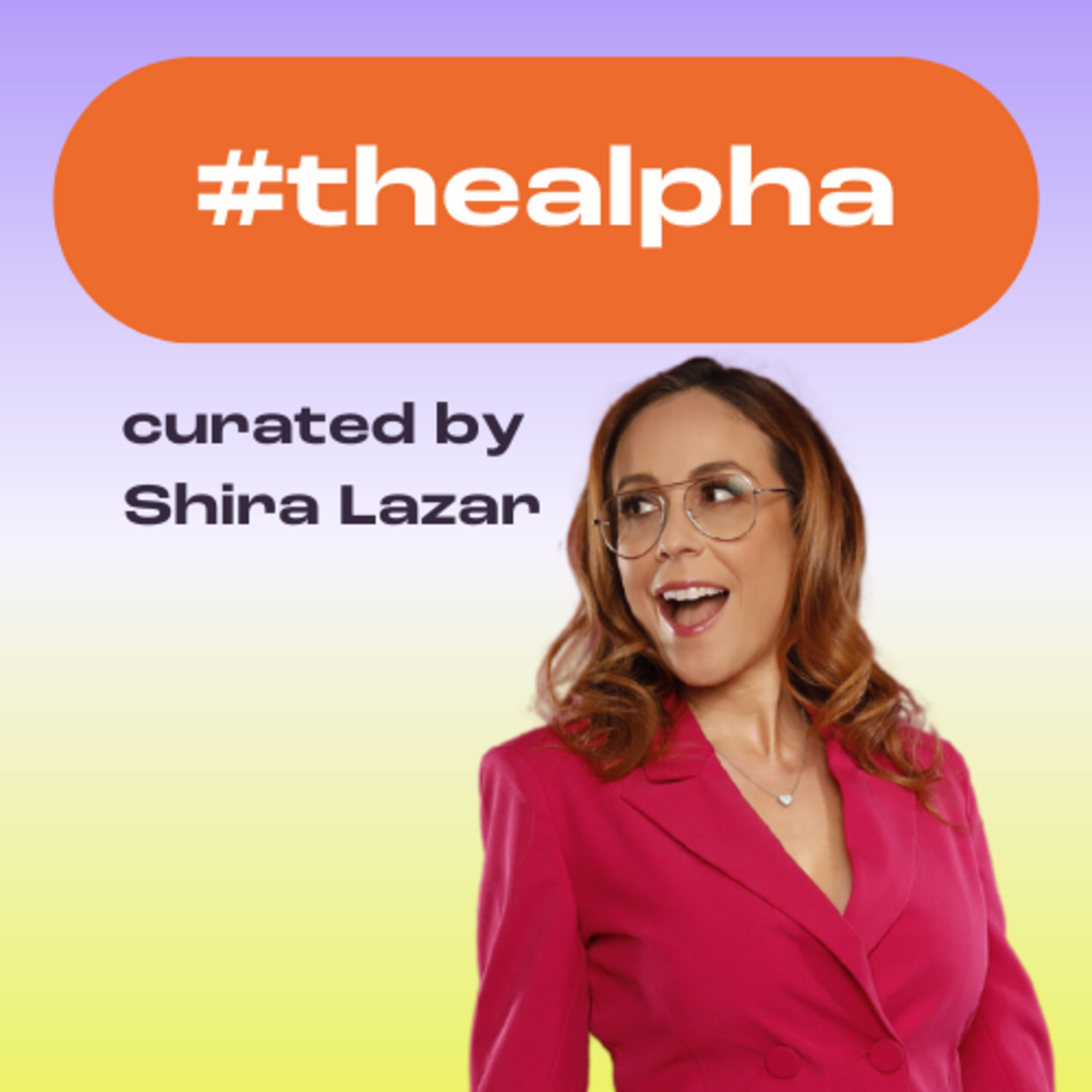Three topics dominated the conversation this past week. One of them was Taylor Swift (of course), but for this newsletter, we’ll focus on the other two: Tilly Norwood, the so-called AI actor, and Sora 2, OpenAI’s text-to-video model and social app. Watching both unfold at once felt like a tipping point. Sora showed us how cinematic worlds can be spun entirely from text with an added layer of interactivity and community, while Tilly hinted at performers who may never exist in real life. Together, they made AI feel like it just took its biggest and most uncertain leap forward — one where storytelling, identity, and authenticity all start to blur.
I finally got access to Sora to see what it can really do, and it’s wild. Even after testing it myself, the clips circulating online still feel like glimpses of something much bigger. Pair that with an AI “performer” being treated as talent, and suddenly what’s real online becomes harder to define.
If a feed is filled with synthetic videos and digital characters, how do we know what’s real? What does it mean for kids growing up in a world where authenticity is harder to spot? And what are we actually endorsing when we like or share something that was never real to begin with?
Industry Response
For people inside creative industries, the fear looks different. For actors, editors, designers, and other creative workers, AI no longer feels like a tool. It feels like competition.
The union’s response to Tilly was clear. In their statement, SAG-AFTRA said:
“To be clear, ‘Tilly Norwood’ is not an actor. It’s a character generated by a computer program. It has no life experience to draw from, no emotion, and audiences aren’t interested in watching computer-generated content untethered from the human experience.”
That statement doesn’t just reject Tilly. It draws a boundary. The union is asserting that acting is a human craft and that synthetic characters can’t occupy the same creative space.
Gersh Agency president Leslie Siebert, who represents rising stars like Jacob Elordi, told Variety the Tilly situation is “frightening.” She said she wouldn’t be surprised if AI creations start signing with agencies at some point—but made it clear Gersh won’t be leading that charge. Siebert added that these conversations will keep surfacing as the technology advances, and the industry will have to figure out the right way to respond. For now, though, she said it’s not a focus for Gersh.
Meanwhile, WME took a firm stance in the opposite direction. According to The Hollywood Reporter, the agency sent an internal memo stating that all of its clients are opting out of Sora 2. The agency’s chief of digital strategy emphasized that, no matter what studios decide to do with their IP, WME is taking a protective position on behalf of the artists it represents.
In other words, the industry is split — some rejecting AI outright, others acknowledging it’s a conversation and reality they can’t avoid.
How Creators Are Already Using It
While Hollywood debates, creators are doing what they do best: experimenting.
Tools like Sora are still invite-only, but the internet is already flooded with examples. Short clips, test reels, mashups — the content is everywhere.
The key to Sora’s impact lies in three things: the quality of its AI, its built-in social layer that encourages remixing, and its understanding of short-form storytelling. It naturally produces ten-second clips that are engaging and ready for social sharing, taking the stress out of content creation and more specifically editing for everyone.
Remix culture has always been part of the social web, but this feels like a new phase. High-quality video, once the hardest thing to fake, is now accessible to anyone. That’s the real shift.
While it still feels like the Wild West, Sora is taking some precautions it seems. It currently blocks copyrighted or realistic depictions of certain public figures (though not historical ones or those who have passed, like JFK or MLK). I tried prompts with Oprah Winfrey and Tony Robbins, and both were rejected. It even flagged my request to swim in a pool of M&M’s as a violation of community standards.
The U.S. Copyright Office has confirmed that AI-only creations can’t be copyrighted without meaningful human input. But if the internet has taught us anything, it’s that rules are only a starting point. Enforcement depends on platforms and countries, and creators are already testing the limits.
My Take: Creativity has always been about breaking things open. Every major cultural shift started with someone experimenting before the world was ready.
That doesn’t mean we should ignore the risks. There are real concerns about jobs, misinformation, and losing the human pulse of storytelling. But we also can’t ignore what’s happening right now. People are using these tools. They’re experimenting, learning, and shaping the next era of content with every clip they post.
For me, I’m learning by being in it and doing it. That’s how I stay ahead and continue to be an early adopter — not by staying away.
My events coming up…
Advertising Week New York— Unveiling: The Creator Economy Map

WHERE: Innovation Stage, New York
WHEN: Thursday, October 9th - 3:00pm EDT
MORE INFO HERE
Advertising Week's Closing Sip & Social Speakeasy
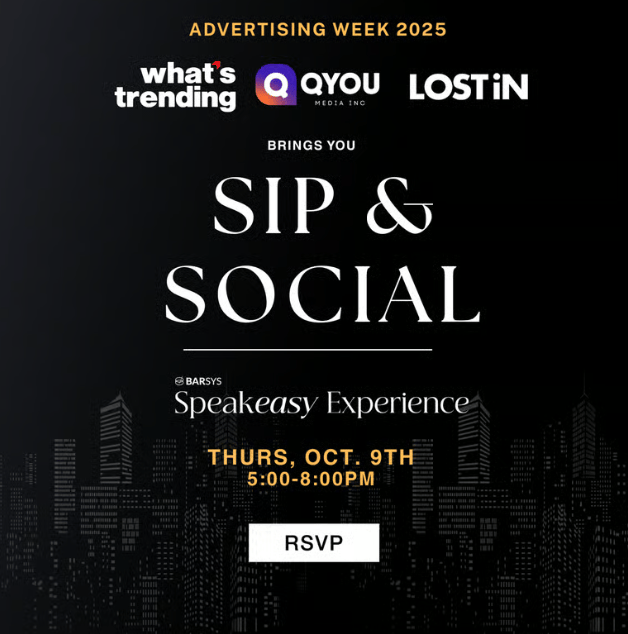
WHERE: 401 W 14TH ST, New York
WHEN: Thursday, October 9th - 5:00pm - 8:00pm EDT
RSVP HERE
Creators 4 Mental Health x BeReal: World Mental Health Day NYC
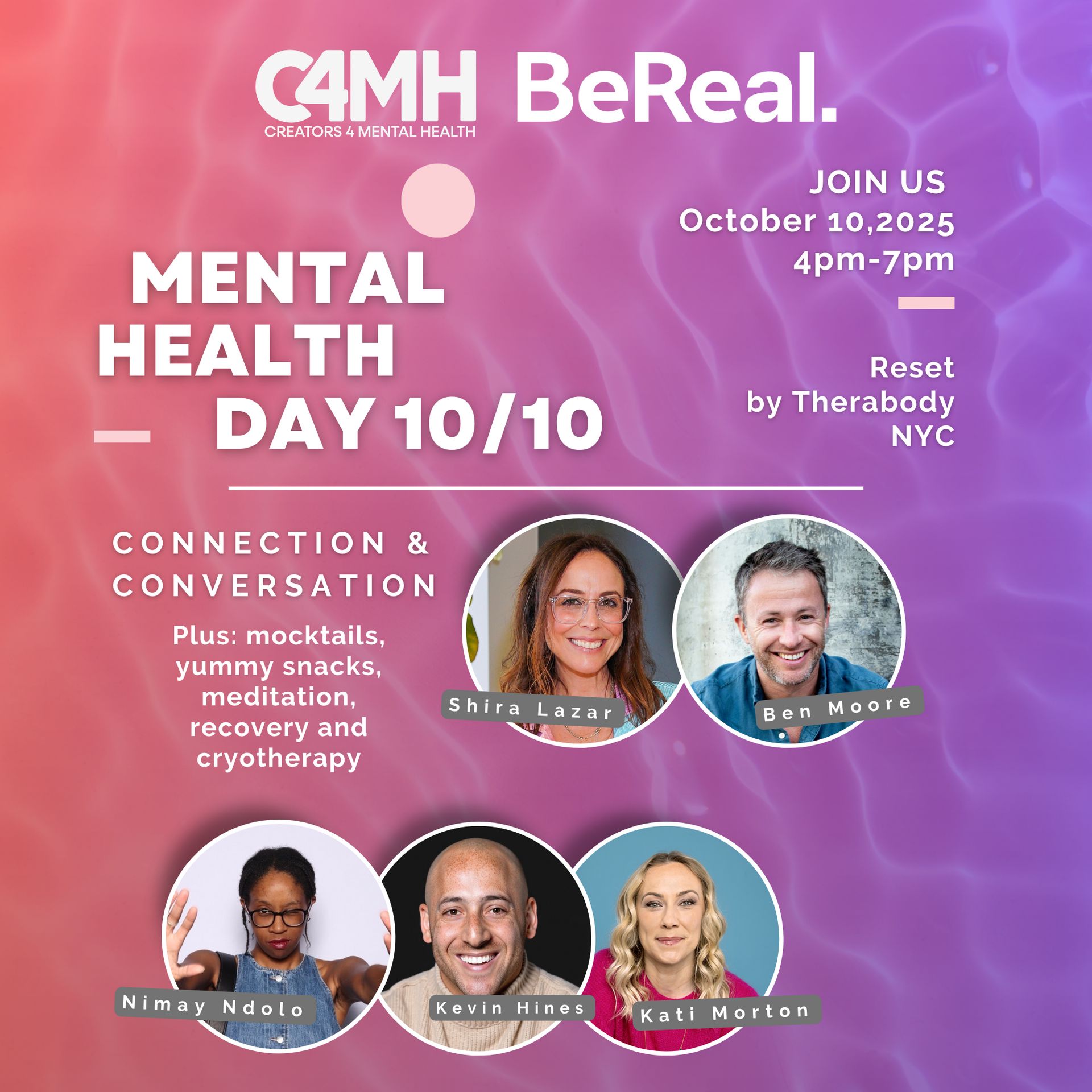
WHERE: Register to see address, New York
WHEN: Friday, October 10th 4:00pm-7:00pm EDT
RSVP HERE
Creators 4 Mental Health DC Happy Hour
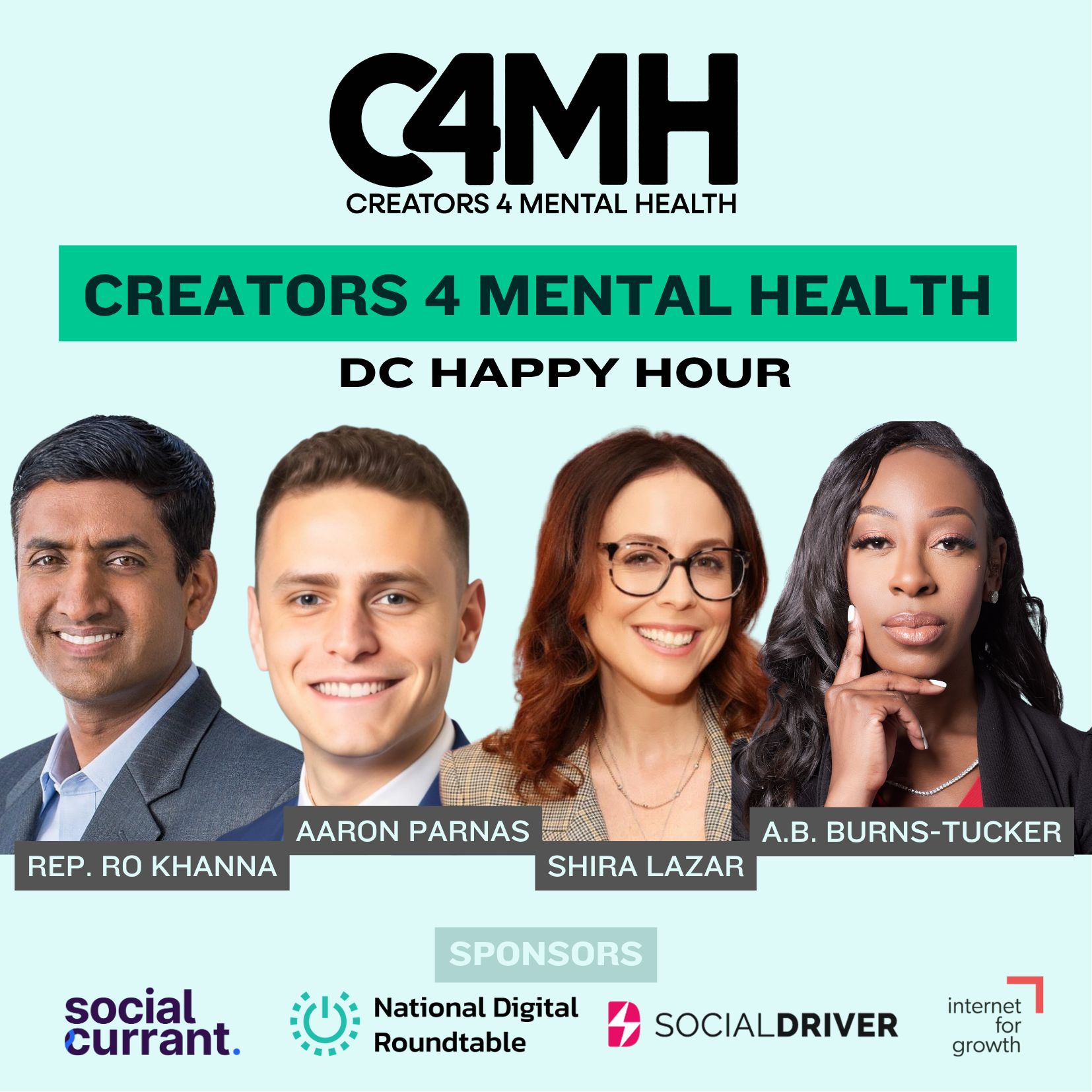
WHERE: WASHINGTON, District of Columbia (RSVP to see exact location)
WHEN: Thursday, October 16th - 5:00pm - 7:30PM EDT
RSVP HERE
Other headlines to check out:
AI
Creator Economy
Web3
🎧 New Episode of The AI Download: Workslop, AI Parasites & Why Your Creative Instinct Still Matters (with Nate Jones)
On this week’s AI Download, I’m joined by Nate Jones — a go-to TikTok creator for AI insights, with over 50k people following his Substack too — to break down the rise of “workslop” and why the real challenge in the AI era is keeping our creativity sharp.
We dig into how tools like Claude and Perplexity can actually enhance your work when used with intention, why taste and instinct matter more than ever, and even touch on Spotify’s attempt to scrub AI from its platform and Nvidia’s major investment in OpenAI.
It’s a fun, honest conversation about staying human in a world that’s getting more automated by the day.
🎙️ Listen now to get caught up on the AI headlines you need to know plus insights on future of life, creativity and culture.
Gentle Reminder 🙏
You don’t have to face your whole to-do list at once. Just take it one step at a time. Before you know it, you’ll have crossed off more than you thought.
Advertise with Us
Remember, I'm Bullish on you!
With gratitude,





